Insights Blog
How to Make Better Hires
Here's how to improve your hiring process and increase your confidence in making a good hiring decision by using pre-employment tests.
Read Article
How to Make Better Hires
Here's how to improve your hiring process and increase your confidence in making a good hiring decision by using pre-employment tests.
Read Article
6 Steps to Coach an Underperforming Employee
Here are 6 steps to coach an underperforming employee while showing up as an authentic, committed leader.
Read Article
Humanize Your Hiring Process with Pre-Employment Testing
Hear from Carol O'Neill of BW Packaging and Melinda Bremley, Ph.D., of Chapman & Co. to gain insight into how you can implement pre-employment assessments to humanize your hiring process and increase the effectiveness of your new and promoted leaders.
Read Article
Use Psychology Insights for Better Business Leaders
In this recent episode of the Truly Human Leadership Podcast, Dr. Bremley shares psychology-based insights on using assessment and Ph.D. consultant insights in selection and development, common challenges today's leaders face, and her perspective on the future of AI and leadership.
Read Article
Leadership in Times of Transition
In this episode of the Truly Human Leadership Podcast, Chapman & Co. Senior Partner, David Weller, Ph.D., and Partner, Karen Weller, Ph.D., talk about their experiences as leaders during a time of significant change and transition.
Read Article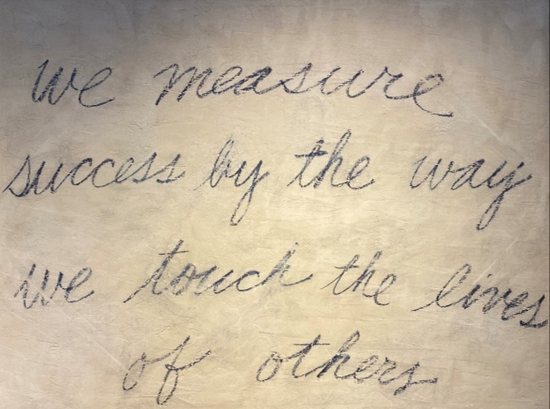
Understanding the Foundational Importance of Leadership Principles
Making sure your leaders have the right tools and training will enhance how they use your leadership principles to serve as true leaders to your team members.
Read Article
Remove Bias and Increase Diversity Through a Holistic Hiring Process
With holistic hiring and selection practices, your organization can drastically reduce bias and increase the diversity of backgrounds and skills in your workforce.
Read Article
4 Steps to Coaching and Developing Employees
Follow these 4 simple steps to coaching and developing employees for greater collaboration, trust, and growth within your team.
Read Article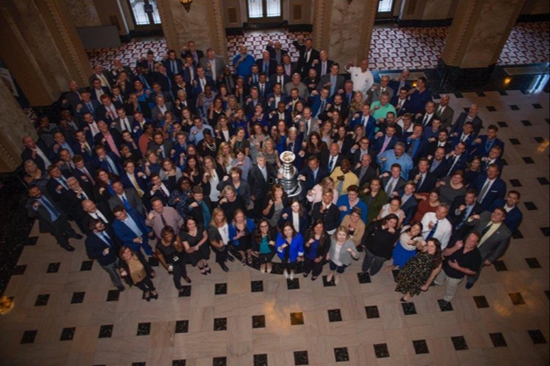
The St. Louis Blues Winning Off the Ice
When your company culture empowers its people to show up authentically and work towards the same goal, winning is a lot more than awards and Stanley Cup rings.
Read Article
How Management Can Build Trust in the Organization
A leader’s ability to build trust in relationships, teams, and throughout the organization has a profound impact on the company.
Read Article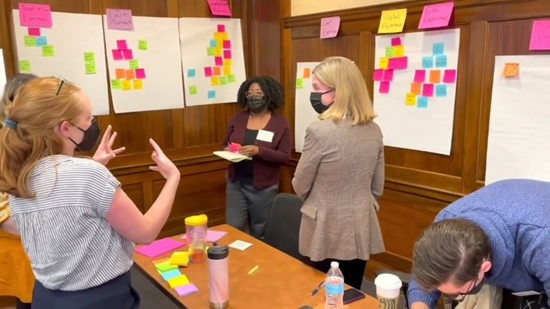
Evaluate Your Customer Experience to Strengthen Customer Loyalty
Chapman & Co. worked with a local St. Louis organization to conduct an in-depth analysis of their customer experience.
Read Article
3 Ways to Ensure Your Feedback Works
We give feedback with the goal that a behavior change occurs and the recipient can do more, do better, or do differently.
Read Article
6 Steps to Building Corporate Culture
Caring for people and being accountable to your business is possible.
Read Article
Learning Agility – Depth vs. Breadth
Learning Agility is a key attribute of having potential, but it is not synonymous with potential. I like to think of Learning Agility as depth versus breadth.
Read Article
Learning Agility – 5 Factors
Learning Agility, or the willingness and ability to learn from one’s experience and then apply that learning to new situations, is a key component of potential and can be accurately defined and measured.
Read Article
How to Build Trust in Any Organization or Team
High performance in organizations and teams occurs when you have all four components of trust. Learn what they are.
Read Article
Characteristics of a Learning Agile Person
According to a recent white paper titled Learning About Learning Agility from Columbia University’s Teachers College, people who are learning agile usually exhibit six characteristics.
Read Article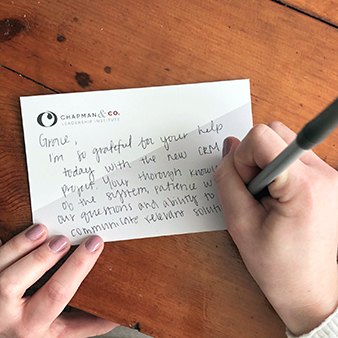
How to Recognize the People Who Make It Happen
Over the past few years, the way we work has changed dramatically and that change didn't come easily.
Read Article
3 Tools to Measure Your Company Culture
Measuring a company’s culture may seem like a daunting task. Here are three tools to assist you in doing so.
Read Article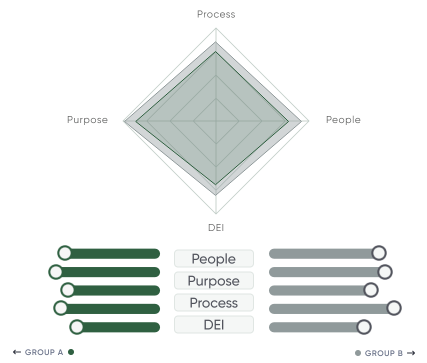
The Importance of Measuring Organizational Culture
An increasing focus on organizational culture has captured public attention and intrigued the minds of leaders across industries.
Read Article
Someone Shares Their Opinion, Now What?
Explore why one might share an opinion and then explore how to approach opportunities to share opinions with a more inclusive and empathetic mindset.
Read Article


